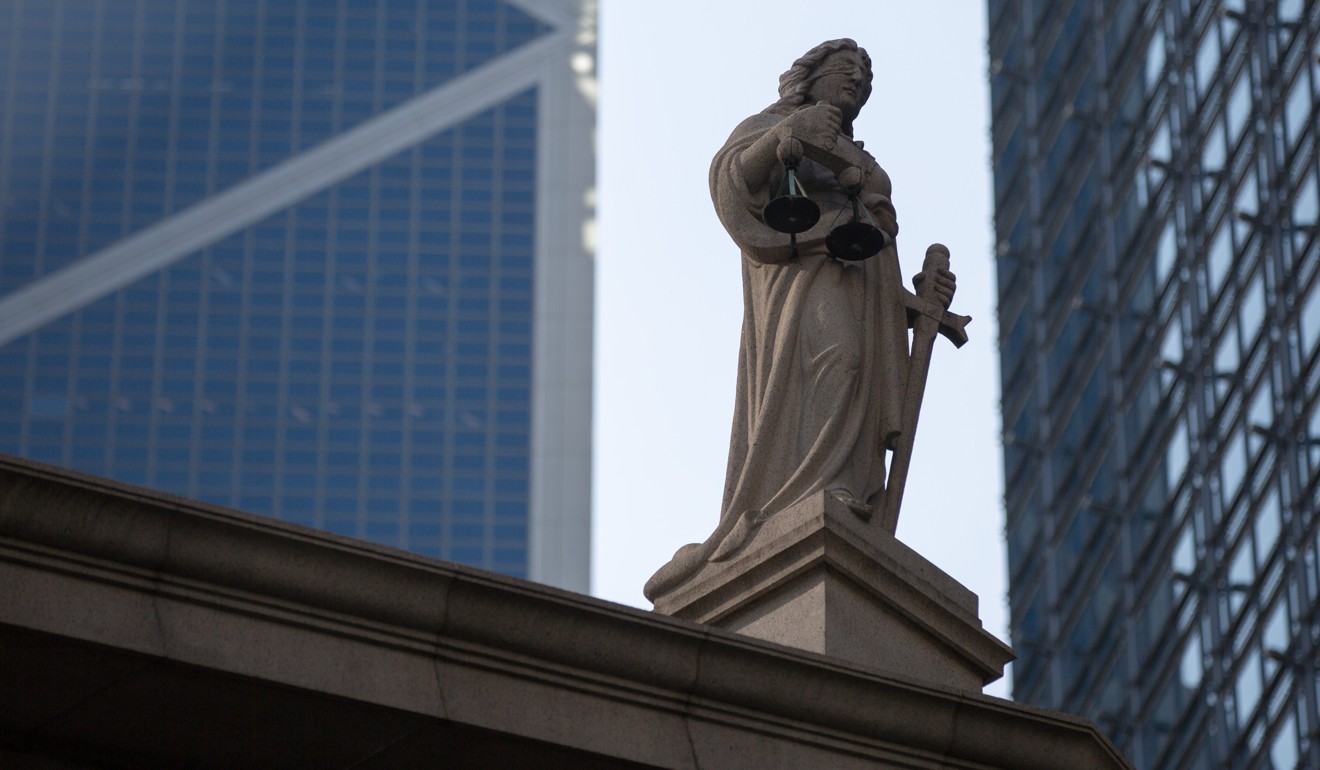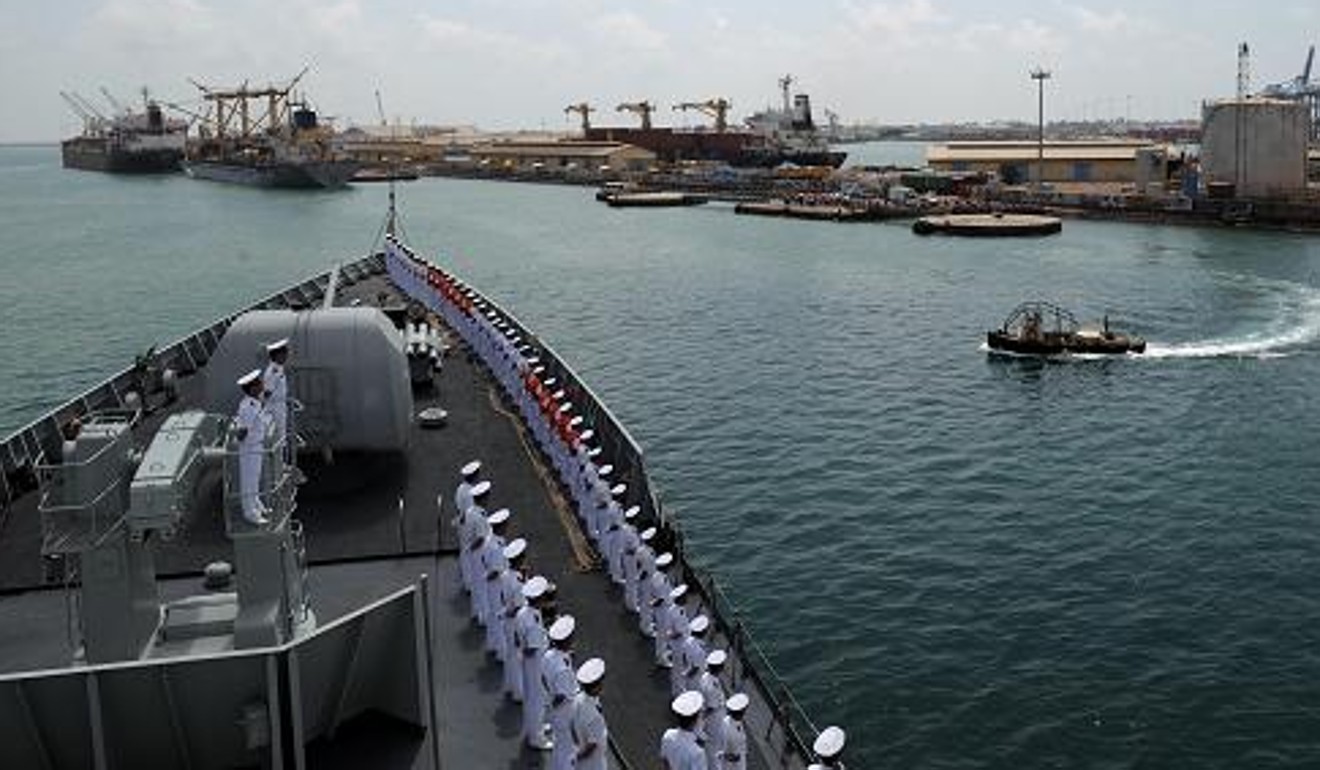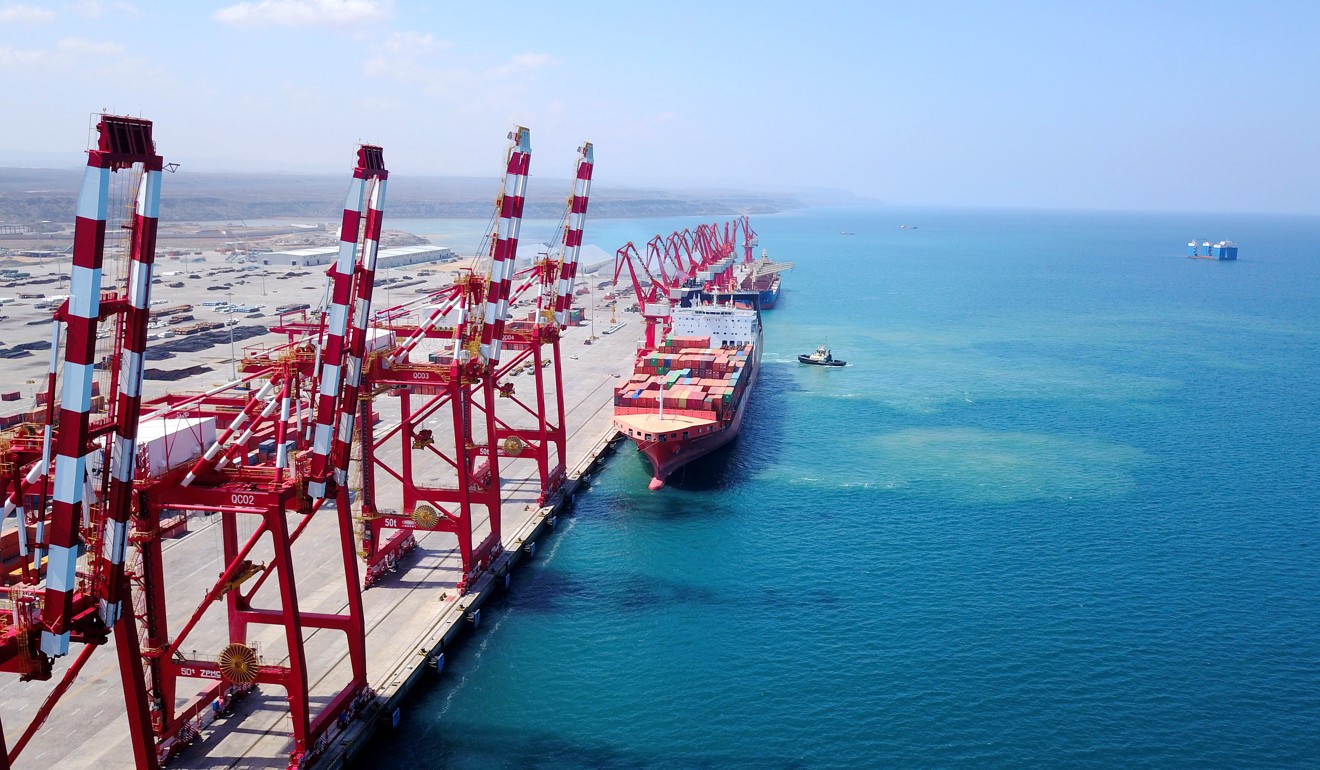- China Merchants Port Holdings accused of infringing port agreement of United Arab Emirates’ DP World with Djibouti
- Case to be heard in Hong Kong – a belt and road first
A lawsuit against China’s main state-owned port builder by the Middle East’s largest port operator in the tiny African nation of Djibouti – to be thrashed out in Hong Kong’s High Court – underscores the legal risks Beijing faces in its massive global infrastructure plan, the “Belt and Road Initiative”.
Usually, the obstacles to this effort to create the world’s largest platform for economic cooperation – Chinese President Xi Jinping’s plan for expanding the country’s influence abroad through a network of railways, roads, pipelines, and utility grids – have been related to financial or geopolitical issues.
Only last year, the Malaysian government halted two Chinese projects valued at US$22 billion under the new leadership of Prime Minister Mahathir Mohamad.
The now-defunct enterprises have joined a list of scrapped or shelved belt and road projects that includes dams in Nepal and Myanmar, and a power plant in Pakistan.

But the newest hitch in the effort to link China to Asia and beyond highlights a challenge to its perceived right to develop a port business in the African nation of Djibouti. In a first for the belt and road, Hong Kong’s High Court will be the venue for the brewing legal battle.
DP World, a global port operator owned by the United Arab Emirates, is suing Hong Kong-based China Merchants Port Holdings (CM Port), a unit of state-owned China Merchants Group, for infringing DP World’s exclusive port agreement with Djibouti, which sits on the Horn of Africa near some of the world’s busiest shipping lanes.
According to court papers filed in August, CM Port allegedly caused the Djibouti government to revoke DP World’s exclusive right to run the country’s ports.
If the case were to go to trial, it would be the first involving a Chinese belt and road project to be ruled on in the city’s courts, the FactWire news agency reported. Hong Kong’s legal jurisdiction is separated from the mainland’s under the city’s mini constitution.
“The nature of the dispute and the fact that the defendant CM Port is a leading state-owned conglomerate based in Hong Kong expanding their port business around the world, has made this case particularly interesting,” said Gu Weixia, a University of Hong Kong associate law professor.
“The case could significantly affect the investment behaviour [especially in a legal sense] of Chinese companies investing in the ‘Belt and Road Initiative’ in the future.”
Since Xi first proposed the multibillion-dollar initiative in 2013, Chinese firms eager to receive government support for their overseas deals have rushed to tag their investments with the belt and road banner. To date, more than 70 countries – mostly in the Eurasian region – have agreed to take part in the initiative.
China, however, has a special interest in Djibouti, a tiny country on the Horn of Africa between the Arabian and Mediterranean seas.
With the Suez Canal to the north and the Bab el-Mandeb Strait to the south, at least 40 per cent of the world’s maritime oil trade passes along the route, which connects the Middle East and the Persian Gulf to Europe.
Safety over oil trade routes is especially important to China, which is the world’s biggest oil importer.
In another sign of Djibouti’s importance, China’s first and only naval port base officially opened in the country in July 2017, joining the armed forces of the US, France, Spain and Japan and other nations with overseas military facilities there.
However, the fate of Beijing’s grand strategy in the country could be shaped by state-backed firms and specific projects like the one developed by CM Port, which has been building and operating terminals in Djibouti since 2013.
In the court documents, DP World accused CM Port of inducing the Djibouti government to breach a 30-year concession agreement that gave the Dubai company the exclusive right to develop port businesses along with a free-trade zone.
“We contend that the development and operation of the port and free zone facilities by China Merchants constitutes unfair competition and breaches the exclusivity agreement granted us and our joint venture company by the government of Djibouti,” it said.
CM Port has at least two ports, a container terminal and an off-dock depot in Djibouti, according to its own website.
DP Port said that CM Port had delayed the proceedings in Hong Kong by more than a year by arguing the claim should be brought to the Djibouti courts, where CM Port would seek to get the government to indemnify it against any claims brought by DP World.
DP World and Djibouti have been embroiled in legal battles for nearly a decade over the port deal they signed in 2000.
The company won its case against the Djibouti government over the port terminal’s takeover in September. But the government officially has ignored a ruling by the London Court of International Arbitration that DP World’s port container terminal contract in Djibouti was valid and binding.
After failing to get the Djibouti government to honour either the port deal or the arbitration court’s judgment, the Dubai-based company sought to sue CM Port for damages in the Hong Kong court.
CM Port did not respond to questions about the lawsuit submitted via email by the South China Morning Post. Despite the impending legal challenge, however, it has not shied away from promoting its disputed plan in the African country.
Why China’s ‘Belt and Road Initiative’ is here to stay
Gu, the associate professor whose expertise is in arbitration and commercial dispute resolution, said that judgments handed down by the Hong Kong court could not be readily enforced in Djibouti as no treaties or agreements on the recognition or enforcement of legal decisions existed between the two nations.
If the Hong Kong court handed down a judgment, “it would need to be used as evidence to commence fresh proceedings in Dijibouti”, she said.
DP World had not sought an injunction to stop the Chinese company from operating in Djibouti, but even if it did, “an injunction is a remedy that is entirely to the discretionary power of the Hong Kong court and that is not easily granted”, she said.
Wang Jiangyu, an associate law professor at the National University of Singapore with research interests in international and comparative corporate law, said he believed a loss in the lawsuit had the potential to hurt CM Port financially.
“China Merchants has assets in Hong Kong which can be easily enforced to satisfy the claims of the plaintiff if the plaintiffs win the case,” he said.
Shanghai-based lawyer Fang Jianwei said the case highlighted the complexity of the legal challenges facing Chinese companies that invest abroad.
“Companies expanding in the global market, especially those involved in [belt and road] projects, will inevitably face legal challenges,” he said.
“These disputes can go on for years …[they] are also complex and global, as there might be multiple legal proceedings going on in different continents. To manage the legal challenges and risks, the companies must have a global perspective,” he said.









































